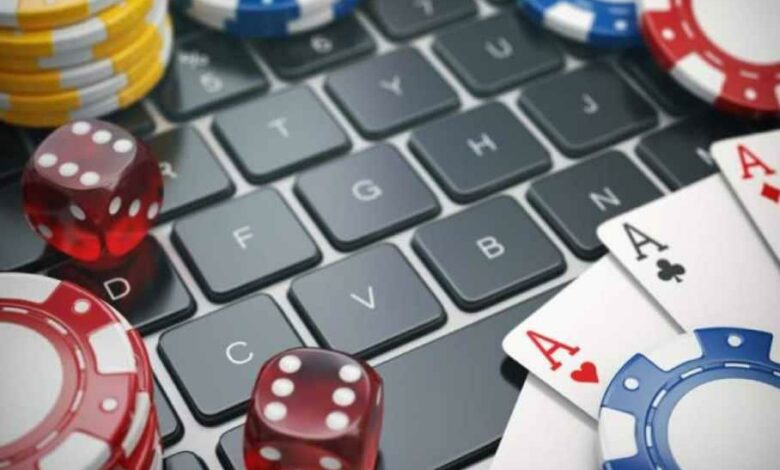
Casino games rely heavily on the principles of statistics and probability theory. Randomness determines every hand, roll, and spin. Understanding the science behind it helps reveal why some games at Mbit Casino and betting strategies win more than others.
True Randomness
Purely random events have no predictable pattern. Each outcome carries the same probability, independent of all others. In statistics, true randomness follows rules of entropy – lacking biases that can be modeled or analyzed.
For casino games, verified randomness ensures fair odds that can’t be exploited. Players have confidence that dice, cards and roulette wheels generate unbiased, natural probability distributions. Regulators test equipment like automatic shufflers to prevent tampering.
Randomness Shapes Table Games
The element of chance is integral to classic table games. Consider a simplified model of five dice being rolled:
- The probability to roll any single number (between 1 to 6) is 1/6, or ~16.7%
- Rolling all sixes has odds of only 1 in 46,656
- While rolling at least one six has probability 85.7%
Because each roll is an independent event, past outcomes don’t affect future rolls. Over a long run, the observed frequency of results will match their expected probabilities, centering on true randomness.
Understanding probabilities is key for games like craps and sic bo. Expected values guide betting strategies based on table layouts and multi-dice combinations.
In blackjack, shuffled decks bring randomness to deal sequences. Knowledge of the composition of undealt cards improves players’ odds by basic strategy rules.
Pseudo Randomness in Slots
Slot machines rely on pseudo randomness via programs called pseudo random number generators (PRNGs). An algorithm generates a long stream of results that simulate a truly random sequence. Regulators vet them to ensure sufficient unpredictability.
Despite not being truly random, PRNGs determine every slot spin. Outcomes might be predictable given the algorithm and a seed key, but players have no feasible way to reverse engineer them. So slots remain statistically fair.
The programmed probabilities behind symbols and bonus rounds ultimately determine one’s hit frequency and wins. That’s why choosing slots with volatility suited to one’s budget is so important.
Why Humans Misinterpret Random Events
Given people’s poor intuition of true randomness, jogo do aviãozinho casino patrons often misjudge luck and probability. Psychologists call this cognitive bias.
A common notion is that after a string of losses one is more likely to win soon after – known as the gambler’s fallacy. In reality, randomness means the odds stay fixed long term. A bad losing streak doesn’t “mean it’s time” one will get lucky, despite such intuition.
People also overestimate how streaky randomized sequences are. The hot hand fallacy causes false perception of patterns. But randomness dictates both wins and losses must happen equally over a long run.
Understanding Randomness Improves Winnings
While short term outcomes rely purely on chance, players can improve winnings by leveraging advantages in odds and probability.
In games with skill elements like blackjack, educated strategy based on statistics lowers the house edge. Savvy sports bettors model key metrics and probability factors to gain betting value.
Table 1. House Edge By Popular Casino Games
| Casino Game | House Edge Percentage |
| Blackjack | 0.5% to 2% |
| Baccarat | 1.06% to 1.24% |
| Roulette | 2.7% (single 0 wheel) to 5.26% |
| Slots | 2% to 10%+ |
| Craps | 1.4% (pass/come bet) to 12.5% |
Games fully up to chance like roulette can’t be modeled for advantage play. But choosing lower house edge bets gives better odds.
With insights from probability theory, casino fans have tools to optimize win rates where skill has influence, and minimize losses when luck is the lone factor.
Read Next: All GTA VI Rumours at a Glance



